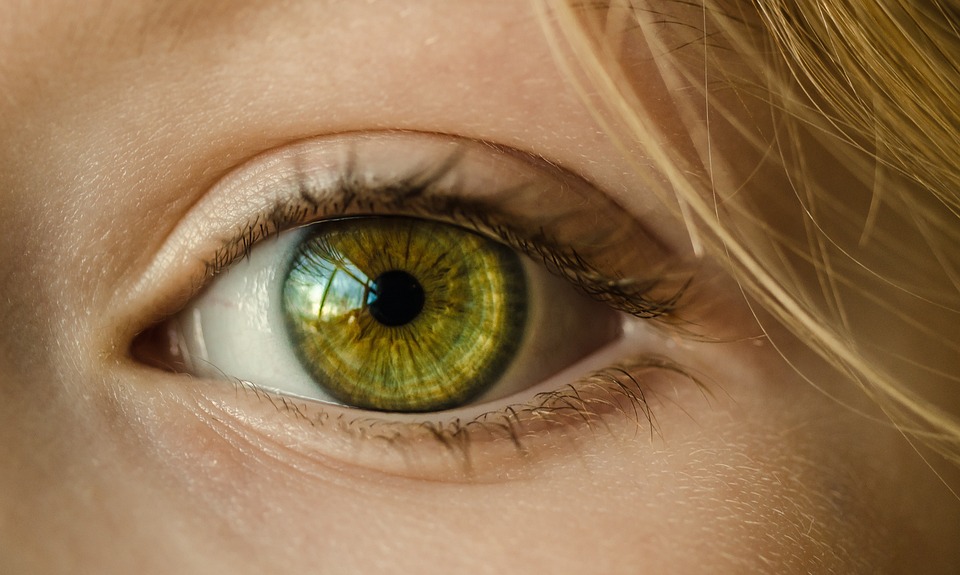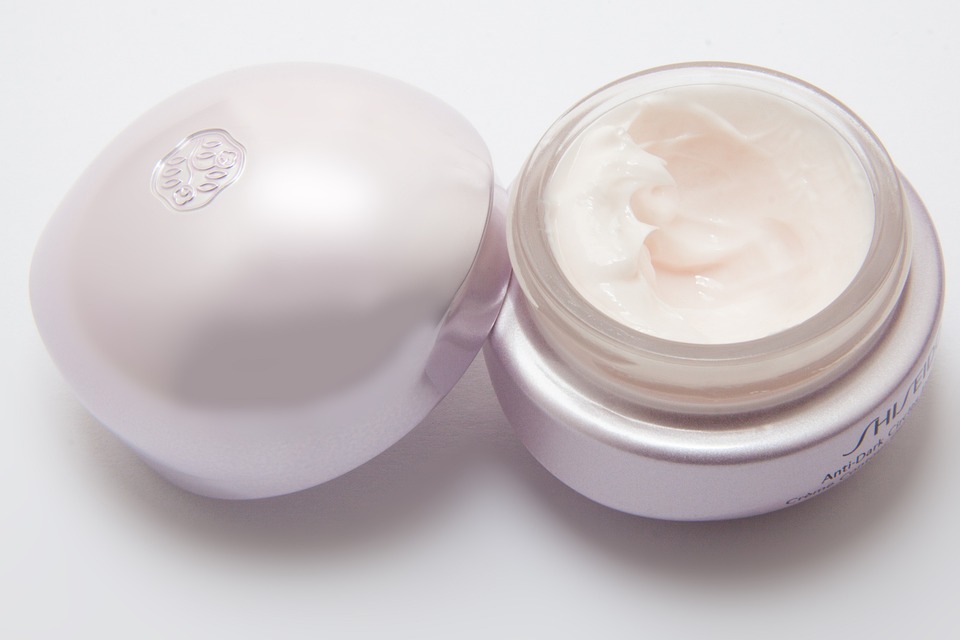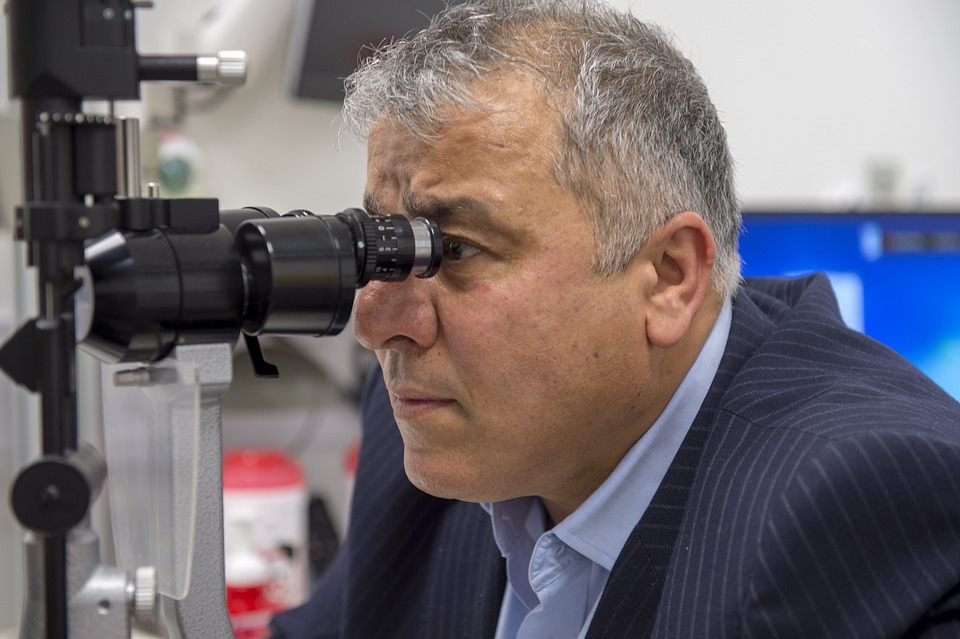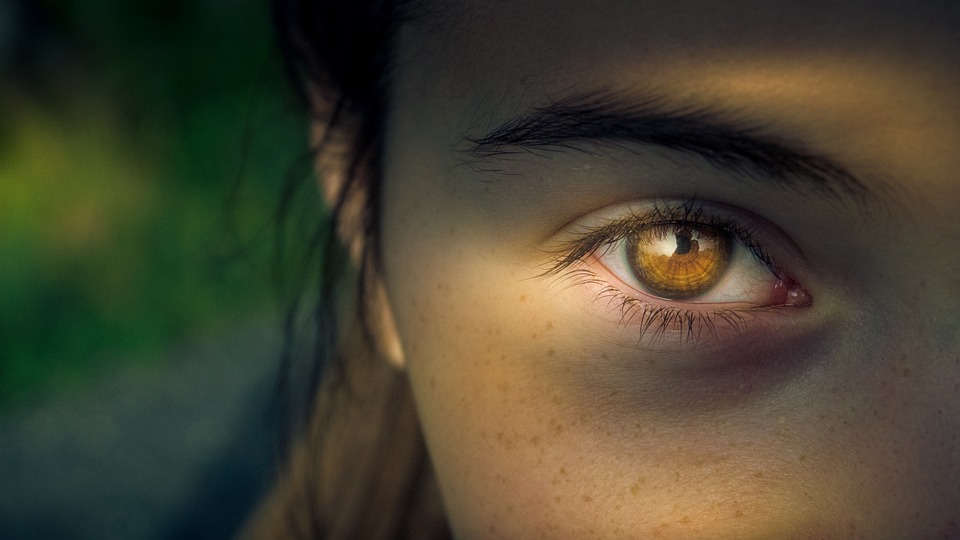Taking care of your eyes is an important part of maintaining your overall health and well-being. Today WisdomSpoon shares important information about what you need to know about taking care of your eyes, including why we get dark circles under our eyes as we age and what you can do to prevent them.
Understanding the Eyes
Before we get into the specifics of how to take care of your eyes, it’s important to understand what makes up our eyes and how they function.
The human eye is a complex and delicate organ that allows us to see the world around us. It is made up of several parts, including the cornea, iris, lens, retina, and optic nerve. The cornea is the clear outer layer of the eye that helps to focus light onto the retina. The iris is the colored part of the eye that controls the amount of light that enters the eye. The lens is a transparent structure that sits behind the iris and helps to focus light onto the retina. The retina is a thin layer of tissue at the back of the eye that contains photoreceptor cells that convert light into electrical signals that are sent to the brain via the optic nerve.

Our eyes are incredibly important, and it’s crucial that we take care of them to ensure that they continue to function properly throughout our lives.
Here are some tips for keeping your eyes healthy and well-cared for.
How to Take Care of Your Eyes
Get regular eye exams
One of the most important things you can do to take care of your eyes is to get regular eye exams. Even if you don’t have any vision problems, it’s important to have your eyes checked regularly to make sure that everything is functioning properly. Eye exams can also help to detect any potential problems early on, which can make them easier to treat.
Wear protective eyewear
If you work in an environment where there are potential hazards to your eyes, such as flying debris or chemicals, it’s important to wear protective eyewear. This can include safety glasses, goggles, or face shields, depending on the specific hazards you’re facing.

Take breaks from screen time
Many of us spend a lot of time staring at screens, whether it’s a computer, phone, or TV screen. While this can be necessary for work or entertainment, it’s important to take breaks to rest your eyes. The American Optometric Association recommends the 20-20-20 rule: every 20 minutes, take a 20-second break and look at something 20 feet away. This can help to reduce eye strain and prevent fatigue.
Maintain a healthy diet
Eating a healthy diet can also help to protect your eyes. Foods that are high in vitamins A, C, and E, as well as omega-3 fatty acids, can help to promote eye health. Some foods that are good for your eyes include leafy green vegetables, citrus fruits, nuts and seeds, and oily fish.
Protect your eyes from the sun
UV rays from the sun can also damage your eyes, so it’s important to wear sunglasses that block out at least 99% of UVA and UVB radiation. Look for sunglasses that are labeled as “UV 400” or “100% UV protection” to ensure that they provide adequate protection.
Avoid smoking
Smoking can also increase your risk of developing several eye conditions, including cataracts and age-related macular degeneration. If you smoke, quitting can help to protect your eyes as well as your overall health.
Manage chronic conditions
Chronic conditions like diabetes and high blood pressure can also have a negative impact on your eyes. If you have one of these conditions, it’s important to manage it effectively to minimize the risk of eye problems.
Get enough sleep
Getting enough sleep is also important for eye health. Lack of sleep can cause eye fatigue and dryness, which can lead to irritation and discomfort. Aim to get 7-8 hours of sleep per night to help your eyes rest and rejuvenate.

Use eye drops
If you experience dryness or irritation in your eyes, using eye drops can help to alleviate symptoms. There are many different types of eye drops available, so talk to your eye doctor to determine which ones are best for you.
Practice good hygiene
Practicing good hygiene can also help to prevent eye infections and other problems. Be sure to wash your hands thoroughly before touching your eyes, and avoid sharing towels or other personal items that could spread bacteria.
Exercise regularly
Regular exercise can also help to promote eye health by improving blood flow to the eyes and reducing the risk of conditions like diabetes and high blood pressure. Aim to get at least 30 minutes of moderate exercise most days of the week.

Stay hydrated
Drinking enough water is important for overall health, including eye health. Dehydration can cause dryness and irritation in the eyes, so be sure to drink plenty of water throughout the day.
Why Do We Get Dark Circles Under Our Eyes?
As we age, it’s common to develop dark circles under our eyes. There are several factors that can contribute to this, including:
Thinning skin
As we age, the skin around our eyes becomes thinner and more transparent. This can make the blood vessels beneath the skin more visible, resulting in a darker appearance.
Loss of fat and collagen
As we age, we also lose fat and collagen in our skin. This can cause the skin around our eyes to become saggy and hollow, which can make dark circles more prominent.
Genetics
Some people are more prone to dark circles under their eyes due to genetics. If other members of your family have dark circles, you may be more likely to develop them as well.
Lifestyle factors
Several lifestyle factors can also contribute to the development of dark circles under the eyes, including lack of sleep, stress, and poor nutrition.
How to Prevent and Treat Dark Circles Under the Eyes?
While dark circles under the eyes are a common part of aging, there are several things you can do to prevent and treat them:
Get enough sleep
Getting enough sleep is one of the most important things you can do to prevent dark circles under the eyes. Aim to get 7-8 hours of sleep per night to help your eyes rest and rejuvenate.
Manage allergies
Allergies can also contribute to dark circles under the eyes by causing inflammation and swelling. If you have allergies, be sure to manage them effectively to reduce the risk of dark circles.
Use sunscreen
Using sunscreen can also help to prevent dark circles by protecting the skin around the eyes from sun damage. Look for a sunscreen that is labeled as “non-comedogenic” to avoid clogging the pores around the eyes.
Use a cold compress
Using a cold compress can help to reduce puffiness and inflammation around the eyes, which can make dark circles less noticeable. Try placing a cold, damp washcloth over your eyes for 10-15 minutes each day.
Use eye creams
There are many different types of eye creams available that can help to reduce the appearance of dark circles. Look for creams that contain ingredients like vitamin K, caffeine, and retinol to help improve circulation and reduce inflammation.

Consider cosmetic treatments
If you have severe dark circles that are not responding to other treatments, there are several cosmetic procedures that can help. These include injectable fillers, laser therapy, and chemical peels.
Injectable fillers are a common treatment for dark circles under the eyes. They work by filling in the hollows beneath the eyes and restoring volume to the skin. The most commonly used fillers for this purpose are hyaluronic acid-based fillers, such as Restylane and Juvederm.
Laser therapy is another option for treating dark circles under the eyes. This treatment uses a laser to stimulate collagen production in the skin, which can help to reduce the appearance of dark circles.
Chemical peels are also sometimes used to treat dark circles under the eyes. These peels use a chemical solution to remove the top layer of skin, revealing smoother, brighter skin underneath.
It’s important to talk to a qualified cosmetic provider before undergoing any of these treatments to ensure that they are safe and appropriate for you.
When to See an Eye Doctor
While most eye problems can be managed with proper care and attention, there are some situations where it’s important to see an eye doctor right away. These include:
Sudden changes in vision
If you experience sudden changes in vision, such as blurry vision or difficulty seeing, it’s important to see an eye doctor right away. These changes could be a sign of a serious eye condition, such as a detached retina.
Eye pain or discomfort
If you experience eye pain, discomfort, or redness, it’s important to see an eye doctor to determine the cause. These symptoms could be a sign of an eye infection or other condition.
Flashes of light or floaters
If you suddenly see flashes of light or floaters in your vision, it could be a sign of a serious eye condition, such as a retinal detachment. See an eye doctor right away if you experience these symptoms.
Injury to the eye
If you experience an injury to the eye, such as a blow to the eye or a foreign object in the eye, it’s important to see an eye doctor right away. Even minor injuries can cause serious damage if not treated promptly.
Routine eye exams
Even if you don’t have any specific eye problems or symptoms, it’s important to have regular eye exams to check for signs of eye disease and ensure that your eyes are healthy.


